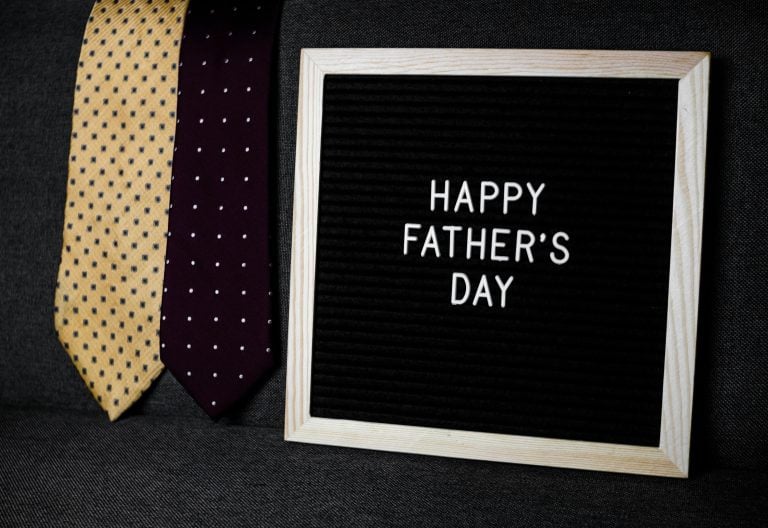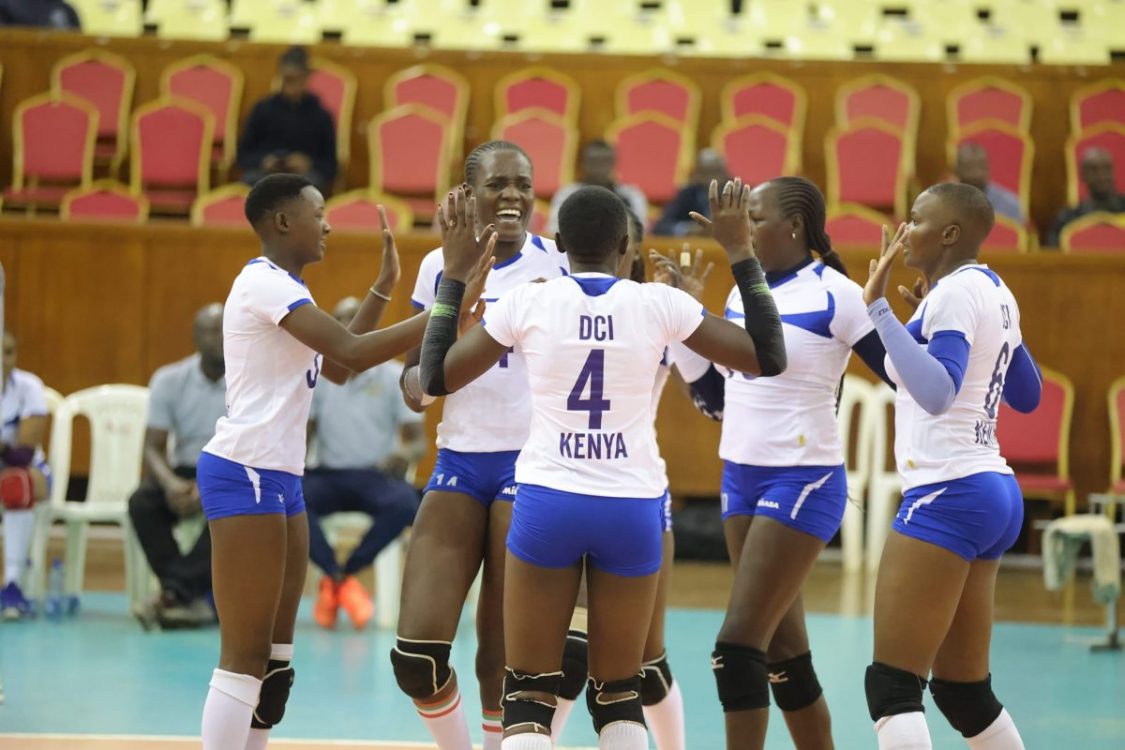Redefining fatherhood: Kenyan dads embrace a new era of parenting

As Father’s Day is celebrated on Sunday, June 15, 2025, fathers everywhere are taking a moment to reflect on the profound impact of parenthood.
This is a special occasion celebrated globally to honour and appreciate fathers and father figures for their vital role in families and society.
In Kenya, it is observed every third Sunday of June, offering a moment to reflect on the importance of fatherhood, mentorship, and male caregiving.
Beyond gifts and tributes, it’s a day to recognise both present and unsung heroes—those who nurture, guide, and provide.
While many of the fathers were brought up before the internet era, they are now bringing up totally different generations with varying dynamics, forcing them to either align or devise new ways of parenting.
For Elly Gitau, fatherhood is more than just being called a “dad”; it’s a lifelong journey filled with lessons, love, and growth. Gitau describes it as therapeutic, a source of happiness, and above all, a responsibility that reshapes one’s life.
Gitau, a devoted family man, didn’t always anticipate how deeply fatherhood would affect him.
He says that being a father makes someone understand what life is. “There is no school where one goes to be taught how to become a father, but there is a period of nine months where you know you are going to be a father,” he says.
Immense responsibility
According to him, fatherhood is “therapeutic”. It teaches patience, forces you to slow down, and makes you appreciate the small moments.
He recalls how his perspective shifted after the birth of his first child. “Suddenly, the little things, like a child’s laughter or their curiosity about the world, became important to me.
It’s healing in a way because it reminds you what truly matters in this life,” he notes.
He notes that, unlike a bucket list where one gets to tick off items he has achieved, fatherhood isn’t a milestone but an ongoing process.
“Many people think becoming a father is about the day your child is born, but that’s just the beginning. Fatherhood is a journey, not an event. Every day, you’re learning, adjusting, and growing alongside your children,” he says.
However, that joy comes with immense responsibility since you have to provide, guide and be a role model. Gitau notes that responsibility doesn’t end with financial support but involves emotional presence, discipline, and love.
“Gone are the days when fathers were just breadwinners who watched from a distance. Today’s fathers are more involved in changing diapers, attending school meetings, and having heart-to-heart talks with their children. I am a very hands-on dad,” Gitau confirms.
Despite being a fulfilling journey, fatherhood also comes with its own share of challenges, especially in the current world of “digital parenting”.
“One of the challenges is the presence of the internet in families where children prefer their gadgets more than socialising or even playing outside. It’s a struggle as a father to make sure they balance every aspect because while the internet is important in the current world, going out and interacting with others is also crucial for their development,” he says.
Also, the aspect of generational barriers where parenting techniques that were used by boomer parents are no longer applicable to the current generations.
“Our parents used to cane us, but that type of punishment can’t work with Gen Z and Generation Alpha. You have to devise ways of punishing them. We are embracing more relaxed parenting and not the rigid one like our parents, which then makes them so comfortable to talk to me as their father,” he says.
Denis Onyango, a father of one, notes that challenges are inevitable, but they shape both the parent and child.
“There are sleepless nights, tough decisions, and moments of doubt. But those struggles are part of the journey. They make the joyful moments, like seeing your child take their first steps, even sweeter,” he says.
He says that while many fathers might decide to just provide, fathers now need to be present and lead with love.
“Your children won’t remember the toys you bought them as much as the time you spent with them,” he notes.
Lucas Barasa, a news editor at People Daily and father of four, agrees that parenting dynamics have indeed changed over the years.
He says, unlike the age when fathers used to stay far away from homes and only saw their children a few times per year, modern fatherhood requires you to be there and be part of their day-to-day lives.
“For me, I make sure that I spend my weekends with my family. That’s how I can understand and know my children deeply. During our interactions, I get to learn about their weaknesses, strengths, dislikes and even their worries. I also make sure I’m present during their important events such as birthdays. I’m also trying my best to make sure I grow them in the Godly ways through going to church every Sunday,” says Barasa.
Less rigid parenting
Also, his ways of interacting with his children have moved away from the normal “military ways” to conversational ways.
That means, instead of using a rod to correct the child, he has embraced having a conversation and making them realise their mistakes. Barasa adds that despite tough economic times and changes in so many parenting aspects, one thing has remained constant: being a provider.
“And while I try to provide for them, I make sure they understand my financial capabilities,” he notes.
For him, fatherhood is about masking your worries and fears and presenting a strong face before the children as well as being a role model and a source of unconditional love. The biggest lesson he has learned over the years is being patient.
“Kids, test your limits, and there are so many moments that require a deep breath and a calm approach. Patience is essential for navigating tantrums, teaching new skills, and simply being present in the moment. It’s a skill I’m constantly working on, but it’s made me a better person,” he notes.
“The most challenging part of fatherhood is definitely balancing the act. Juggling work, family responsibilities, and personal needs can be incredibly demanding. There’s the constant worry about providing for my family, ensuring my children get the best opportunities, and making sure they feel loved and supported. It’s a lot to manage, but it’s all worth it,” he adds.














